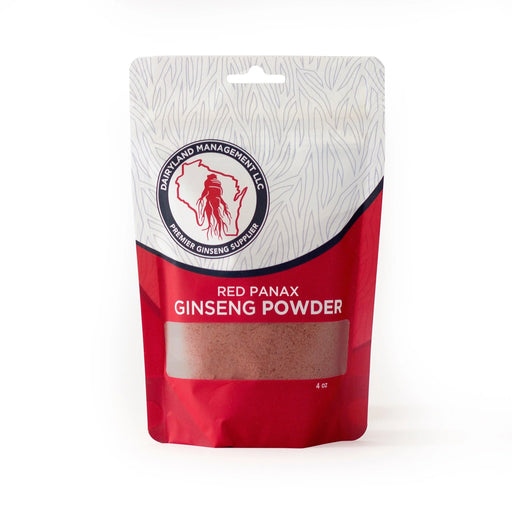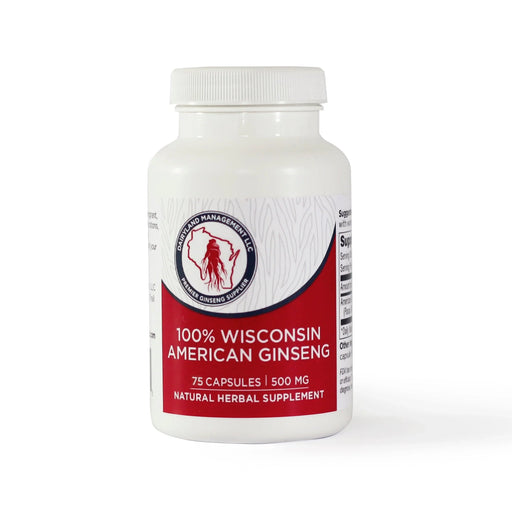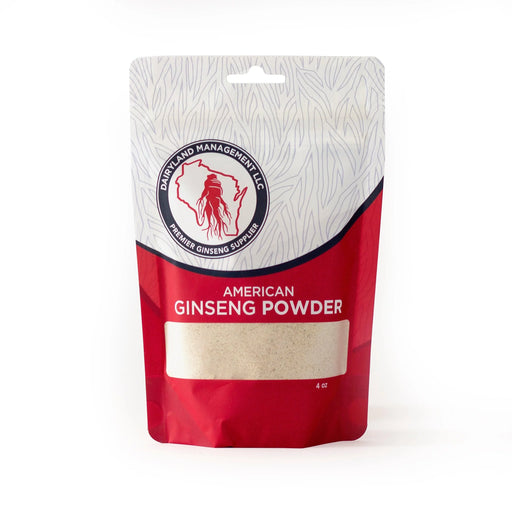What Are the Possible Side Effects of Ginseng?
While ginseng is generally considered safe for most people when used as directed, it can cause side effects, especially if taken in high doses or over extended periods. The likelihood and severity of side effects may vary based on the individual, the type of ginseng, and other health factors.
Common Side Effects:
- Insomnia: Ginseng’s energizing effects may make it difficult to sleep, particularly if taken late in the day.
- Headaches: Some users report mild headaches as a side effect of ginseng.
- Digestive Issues: Nausea, upset stomach, or diarrhea may occur in some individuals.
- Nervousness or Restlessness: High doses of ginseng can lead to feelings of jitteriness or anxiety, similar to caffeine.
Less Common Side Effects:
- Dizziness: A small number of people may experience lightheadedness.
- Changes in Blood Pressure: Ginseng may either raise or lower blood pressure, depending on the individual and the type of ginseng.
- Allergic Reactions: Skin rashes or other allergic symptoms are rare but possible.
Interactions with Medications:
Ginseng can interact with certain medications, potentially causing adverse effects:
- Blood Thinners: Ginseng may interfere with anticoagulants like warfarin, increasing the risk of bleeding.
- Diabetes Medications: It can amplify the effects of blood sugar-lowering drugs, potentially leading to hypoglycemia.
- Stimulants or Caffeine: Combined with stimulants, ginseng may exacerbate restlessness or heart palpitations.
- Immune Suppressants: Ginseng’s immune-boosting effects may counteract medications that suppress the immune system.
Who Should Avoid Ginseng?
- Pregnant or Breastfeeding Women: There is limited evidence about ginseng’s safety during pregnancy or lactation.
- People with Hormone-Sensitive Conditions: Ginseng’s potential to affect hormone levels may not be suitable for those with conditions like breast or uterine cancer.
- Individuals with Certain Medical Conditions: Those with high blood pressure, heart disease, or autoimmune disorders should consult a healthcare provider before using ginseng.
How to Minimize Side Effects:
- Use ginseng as directed and avoid excessive doses.
- Start with a lower dose to assess your body’s response.
- Avoid taking ginseng late in the day to prevent insomnia.
- Consult with a healthcare professional, especially if you’re on medications or managing chronic health conditions.
While ginseng is a natural and beneficial herb for many, understanding its potential side effects ensures safer and more effective use.





